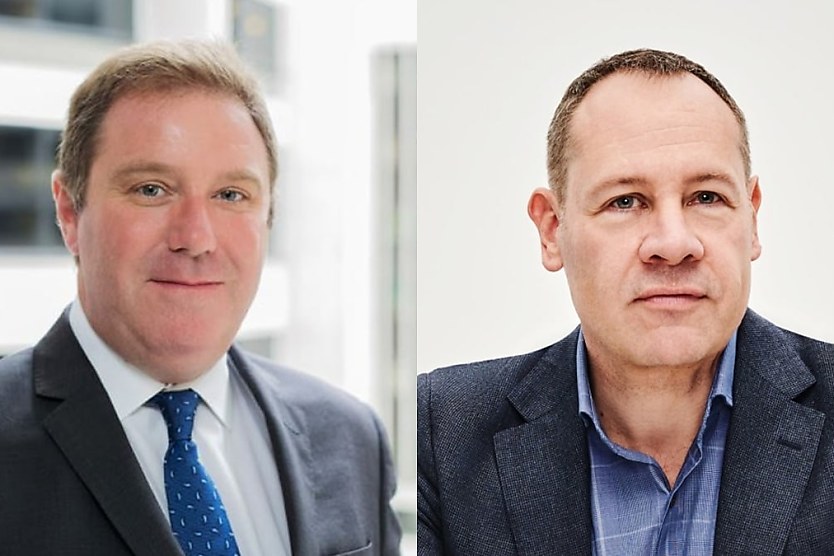‘Creeping’ unfair dismissal threshold will increase to $183k on 1 July
SHARE THIS ARTICLE

As of 1 July, major changes will come into effect for workers and employers, including an increase to the unfair dismissal threshold.
The Fair Work Commission (FWC) has reiterated to Australian employers and workers that as of 1 July 2024, the high-income threshold in unfair dismissal cases will see an increase from $175,000 to $183,100, with the available compensation limit also set to increase from $87,500 to $91,550.
This increase is part of an annual change that operates in accordance with a process set out in the Fair Work Regulations, which, according to Michael Byrnes, a partner in employment law at Swaab, is “underpinned” by data to provide an accurate increase each year.
“The increase in the high-income threshold is underpinned by data for average weekly ordinary earnings from the Australian statistician. It is, among other things, intended to maintain similarly sized employee cohorts that will be above and below the threshold in any given year,” Byrnes said.
“The increase in the threshold on 1 July is (at least theoretically) detrimental to the interests of employers, as it means more employees may become eligible to commence unfair dismissal proceedings in the event of termination of employment.
“This is balanced against the fact the increase takes account of statistical data tracking increases in average weekly ordinary earnings and that 1 July is a date commonly used for employers to apply pay increases.”
Brynes claimed that employers must keep a close eye on such increases, especially when moving to terminate staff.
“Employers should always keep a close eye on increases in the high-income threshold on 1 July each year. The legal risk of terminating employment can be materially higher when the employee is eligible to commence unfair dismissal proceedings (as it is a broad and powerful cause of action),” he said.
“In that regard, however, it should be kept in mind that an employee who is covered by a modern award or has an enterprise agreement applied to their employment may be eligible to bring unfair dismissal proceedings irrespective of earnings. That is sometimes overlooked by employers analysing the risk of a termination of employment.”
Paul O’Halloran, employment and safety partner at global law firm Dentons, expressed that the threshold was increasing at such a rate that soon, the vast majority of workers would be covered by unfair dismissal legislation.
“The unfair dismissal cap is increasing to a point where most employees are going to be covered by unfair dismissal laws. There is a misconception that you need to be covered by an award or an enterprise agreement to be unfairly dismissed, but the reality is you can be awarded an agreement free, but under the salary cap,” O’Halloran said.
“The new cap of $183,100 is more than most employees earn and pushes coverage up into executive level employees. Historically, the unfair dismissal jurisdiction was not intended to cover executive level employees, but it seems it now does by virtue of the creeping cap that gets higher and higher, while wages remain steady.”
As previously reported by HR Leader, the re-elected Albanese government announced the move to effectively ban non-compete clauses for workers who earn less than the high-income threshold – which will now be upped to the $183,100 mark.
“The restriction on non-compete clauses is planned to apply to employees below the high-income threshold, i.e. $183,100 as opposed to the $175,000 when the restrictions were announced in the last federal budget,” Byrnes said.
RELATED TERMS
When a company terminates an employee's job for improper or illegitimate reasons, it is known as an unfair dismissal.
Kace O'Neill
Kace O'Neill is a Graduate Journalist for HR Leader. Kace studied Media Communications and Maori studies at the University of Otago, he has a passion for sports and storytelling.

